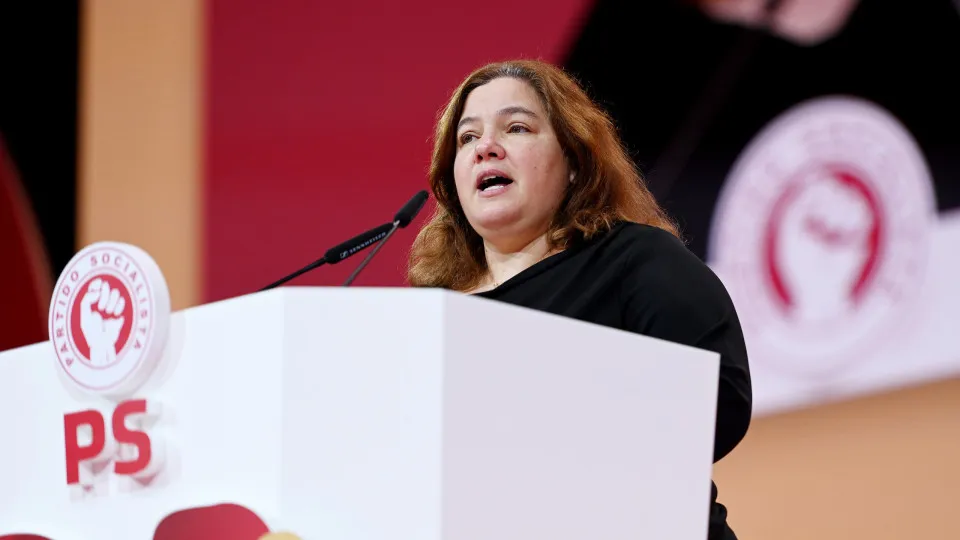The controversy erupted on Monday as hundreds of individuals have complained that the state is withdrawing social support from those receiving caregiver or disability subsidies. This situation is negatively impacting many families. What is at stake?
In practice, Social Security is reducing support for people with disabilities and dependents, as the system now regards social benefits as income. Many people have lost their eligibility because they have surpassed the threshold.
This situation is “directly affecting families, raising their IRS levels and reducing essential support – because by having higher income, the state will cease to provide support,” explained Manuel Azevedo from the Movimento Cidadão Diferente in statements to SIC Notícias.
Liliana Gonçalves, from the Associação Nacional de Cuidadores Informais, told the same channel that “the caregiver support subsidy is being treated as work income,” which means “there is a loss for the family.”
Both the Associação Nacional dos Cuidadores Informais and the Movimento Cidadão Diferente have sought explanations from the Ministry of Finance and Social Security but have received no response.
Numerous Complaints
The Movimento Cidadão Diferente stated in a Facebook post in July that “several informal caregivers have seen their family allowance brackets changed to less favorable ones because Social Security is considering the main informal caregiver subsidy as dependent work income.”

Social Security is including disability and dependency social benefits in income charges, without any change.
Lusa | 09:07 – 01/09/2025
According to the Movimento Cidadão Diferente, the same is happening with voluntary social insurance, paid by caregivers to secure pensions “because Social Security interprets it as a sign of declared income.”
The Movement cites law no. 100 of September 6, 2019, which states that “the main informal caregiver support subsidy is a non-contributory social benefit provided by Social Security.”
What Does the Law Say?
The Personal Income Tax Code’s article 12.B expressly excludes from taxation those social benefits granted in cases of economic need, disability, dependency, or other conditions of social fragility.
Therefore, according to the Movimento Cidadão Diferente quoted by the newspaper, these should not be included in the annual income statement.
The Associação Nacional dos Cuidadores Informais also reports receiving a “high number of complaints,” emphasizing “not understanding the legal support.”
“Due to the high number of complaints, we get the impression that there was a superior directive to Social Security services, which led the technicians to follow these indications. Even if it was an internal circular sent to district centers,” said ANCI president Liliana Gonçalves to Jornal de Notícias, which reported the story.
Contacted by the newspaper, a source from the Ministry of Finance assured that the informal caregiver support subsidy, the dependency supplement, and voluntary social insurance, are not subject to IRS.




